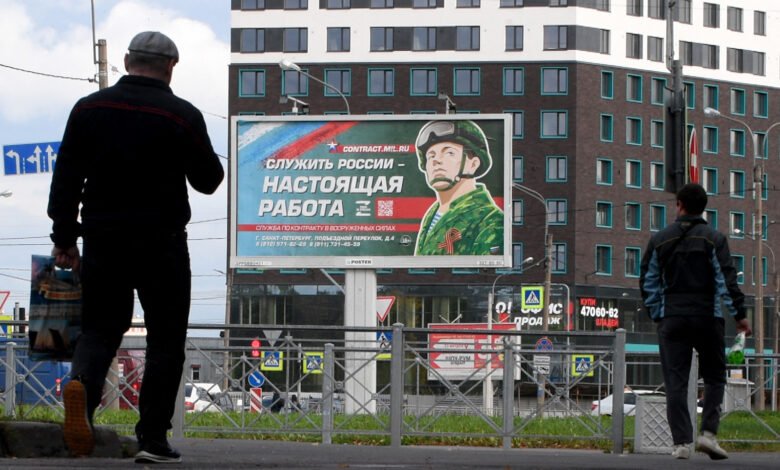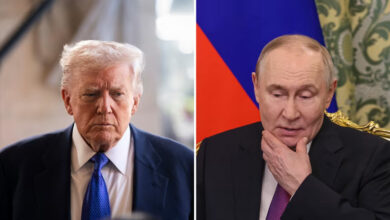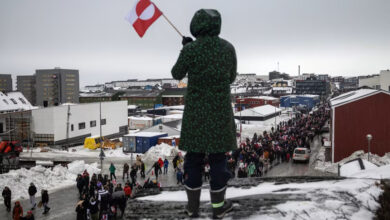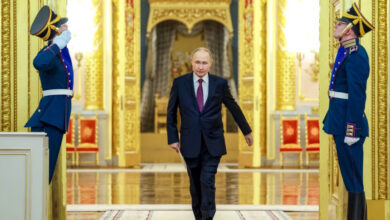
An analysis by researchers from the Institute for the Study of War (ISW) concludes that Russian President Vladimir Putin’s announcement of a partial mobilization is unlikely to “dramatically shift the tide of the war.”
The analysis says that it will take weeks or months to bring reservists up to combat readiness, that Russian reservists are “poorly trained to begin with,” and that the “deliberate phases” of deployment outlined by Russia’s Defense Minister are likely to preclude “any sudden influx of Russian forces that could dramatically shift the tide of the war.”
“Putin’s order to mobilize part of Russia’s ‘trained’ reserve, that is, individuals who have completed their mandatory conscript service, will not generate significant usable Russian combat power for months,” the analysis reads. “It may suffice to sustain the current levels of Russian military manpower in 2023 by offsetting Russian casualties, although even that is not yet clear.”
“Russian mandatory military service is only one year, which gives conscripts little time to learn how to be soldiers, to begin with. The absence of refresher training after that initial period accelerates the degradation of learned soldier skills over time.”
The analysis downplays any “explicit threat” of the use of nuclear weapons by President Putin.
“Putin emphatically did not say that the Russian nuclear umbrella would cover annexed areas of Ukraine nor did he tie mobilization to the annexation,” the analysis reads.
“He addressed partial mobilization, annexation referenda in Russian-occupied areas of Ukraine, and the possibility of nuclear war in his speech – but as separate topics rather than a coherent whole. The fact that he mentioned all three topics in a single speech was clearly meant to suggest a linkage, but he went out of his way to avoid making any such linkage explicit.”
The ISW researchers say that they do not believe that the speech should be read “as an explicit threat that Russia would use nuclear weapons against Ukraine if Ukraine continues counter-offensives against occupied territories after annexation.”




